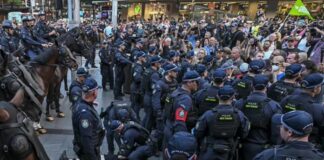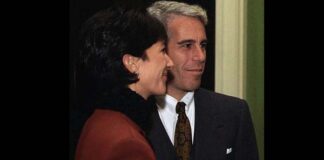Barack Obama became the first US President to visit Cuba for 88 years in March. After decades of opposition to US imperialism, the Cuban regime is welcoming back US investment and influence.
Last year the US formally re-opened diplomatic relations, and began allowing Cubans in the US to send money to relatives at home, and more travel there by American tourists. While the US trade embargo remains, something that can only be overturned by Congress, Cuba is also opening up to US business. Starwood Hotels announced plans the day before Obama arrived to run three separate local hotels.
Obama brought with him a business delegation that included the CEOs of Marriott Hotels and Airbnb, as well as restaurant, clothing and media companies. Executives from Mastercard and pharmaceutical giant Pfizer have already made separate trips.
Cuba’s economy collapsed when support from Russia ended at the close of the Cold War. Before the US began normalising relations, its economy was struggling, with growth between 1 and 2 per cent a year.
It is now treading the same path as China, reducing state control of its economy and opening up to the free market. But the ruling bureaucracy around Raul Castro is determined to maintain firm political control.
This means embracing policies little different to the standard neo-liberal formula, in chasing foreign investment through cutting corporate tax. A new law passed in 2014 halved tax on investments to 15 per cent. In 2010 the government began efforts to sack half a million workers and force them into the private sector.
Cuba has never been a genuinely socialist country, with an economy under democratic workers’ control. It is instead undergoing a transition from state capitalism to an increasingly free market capitalism.
The Cuban regime has withstood efforts at invasion and sabotage from the US for decades. But it is no model for socialism in the 21st century.





